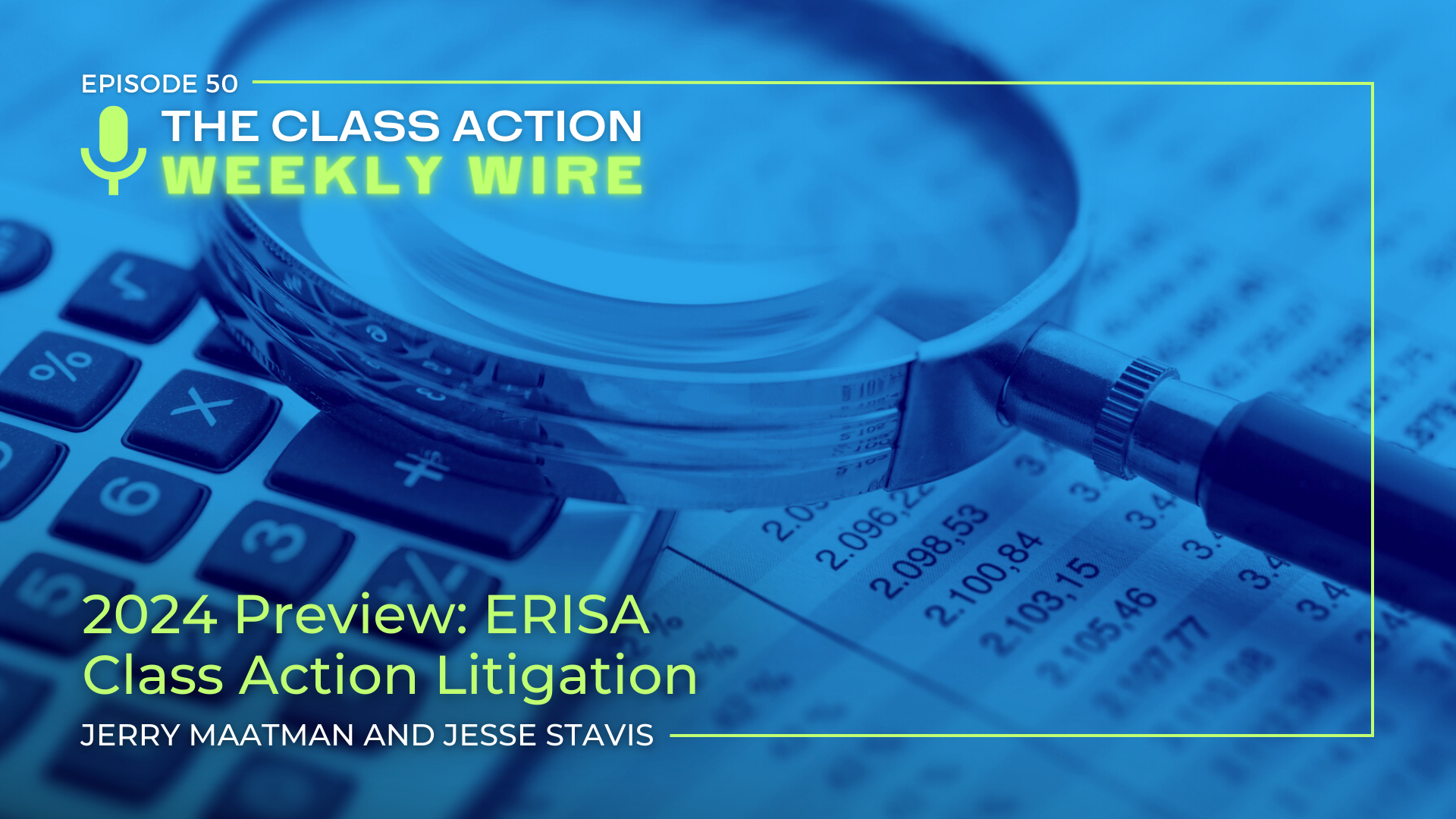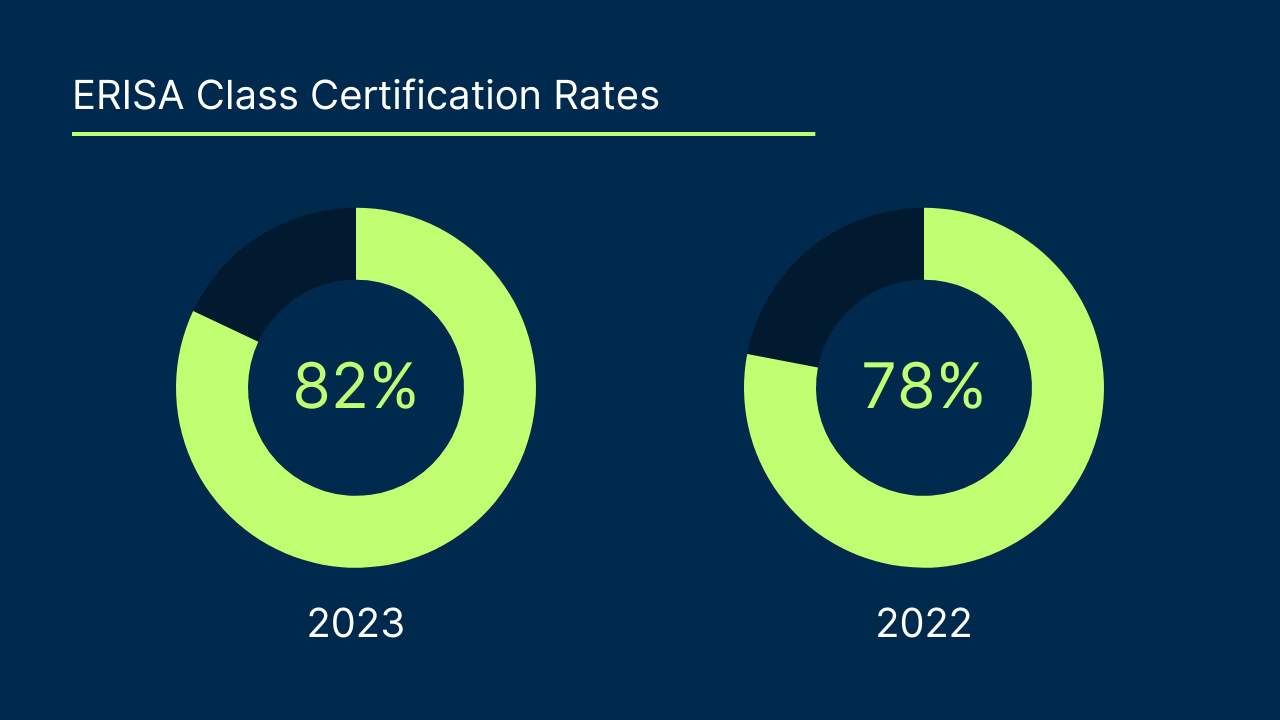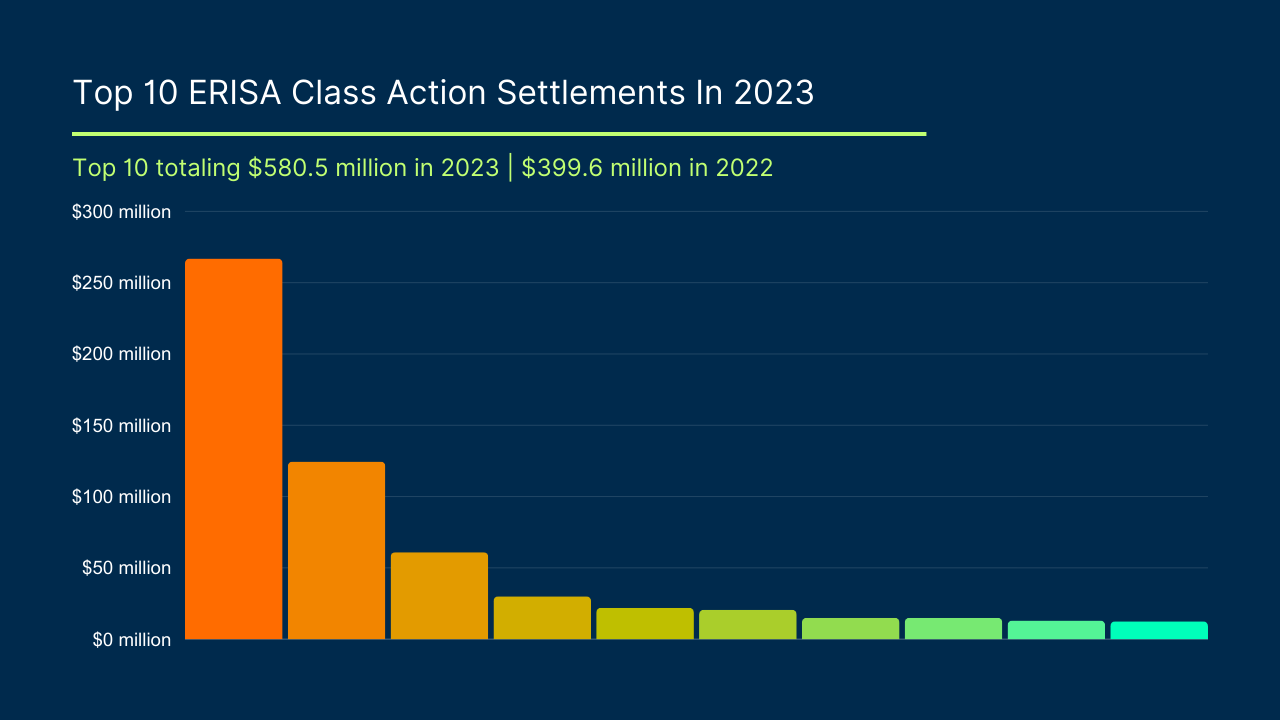By Gerald L. Maatman, Jr., Rebecca S. Bjork, and Jesse S. Stavis
Duane Morris Takeaways: On April 17, 2025, the U.S. Supreme Court issued a decision in Cunningham v. Cornell University, No. 23-1007, 2025 WL 1128943 (U.S. Apr. 17, 2025), that clarified the pleading standards for allegations of prohibited transactions under the Employee Retirement Income Security Act (“ERISA”). The Supreme Court held that in order to survive a motion to dismiss, plaintiffs need only plead the elements of a prohibited transaction, and that there is no need to affirmatively argue that statutory exceptions do not apply. As the Supreme Court acknowledged, this ruling has the potential to unleash a floodgate of litigation over transactions that technically meet the definition of a prohibited transaction, but that are ultimately legal under one or more of the ERISA’s exceptions. However, the Justices provided a number of recommendations for responding to meritless claims. ERISA plan sponsors and administrators should carefully study these recommendations to avoid the expense of litigating threadbare accusations of violations.
Background
Section 1106 of the ERISA supplements the well-established common-law fiduciary duties binding plan administrators by defining a number of “prohibited transactions” that are deemed “likely to injure the … plan.” Commissioner v. Keystone Consol. Industries, Inc., 508 U.S. 152, 160 (1993). Under Section 1106, a plan is prohibited from engaging in certain transactions with a “party in interest,” a category that includes not only plan administrators, sponsors, and officers, but also entities “providing services to [the] plan. § 1002(14).
The issue with Section 1106 is that it prohibits, on its face, a number of transactions that are necessary for the operation of a modern retirement or benefits plan. For example, Subsection 1106(a)(1), which was at issue in Cunningham, prohibits a fiduciary from transferring or furnishing any assets, goods, services, or facilities to a party in interest. Because plan sponsors frequently transfer assets to administrators, who are parties in interest, they are technically engaged in prohibited transactions. However, a separate section of the statute — Section 1108 — provides 21 exceptions to this prohibition, including one common-sense one exempting transactions that involve “[c]ontracting or making reasonable arrangements with a party in interest for office space, or legal, accounting, or other services necessary for the establishment or operation of the plan, if no more than reasonable compensation is paid therefor.” § 1108(b)(2)(A).
At issue in Cunningham were the pleading standards for claims under Section 1106. Defendant Cornell University retained TIAA and Fidelity to provide investment options and recordkeeping services to participants in defined-contribution 403(b) plans. In exchange, Cornell compensated these administrators with fees paid by plan participants. This is a very standard arrangement that, on its face, violated Section 1106(a)(1), but also fell under the exception set forth in Section 1108(b)(2)(A).
The named plaintiff in Cunningham, a participant in the plan, sued on behalf of a putative class alleging that Cornell had engaged in prohibited transactions. The complaint merely set forth the elements of a prohibited transaction, and did not address the Section 1108 exceptions. Cornell moved to dismiss the complaint. The District Court granted the motion, holding that, in addition to pleading the statutory elements, a plaintiff in a prohibited transactions case must also allege “some evidence of self-dealing or other disloyal conduct.” Cunningham v. Cornell University, No. 16 Civ. 6525, 2017 WL 4358769, at *10 (S.D.N.Y. Sept. 29, 2017), aff’d, 86 F.4th 961 (2d Cir. 2023), rev’d and remanded, No. 23-1007, 2025 WL 1128943 (U.S. Apr. 17, 2025). On appeal, the Second Circuit affirmed the grant of dismissal, but for different reasons. The Second Circuit held that while there is no requirement to plead self-dealing or other disloyal conduct, a plaintiff alleging a violation of Section 1106 must also show that the transaction does not qualify for an exception under Section 1108. Cunningham v. Cornell University, 86 F.4th 961, 975 (2d Cir. 2023). This ruling placed the Second Circuit in conflict with the Eighth Circuit, which had held that there is no requirement to address Section 1108 to survive a motion to dismiss. See Braden v. Wal-Mart Stores, Inc., 588 F.3d 585, 601. The Supreme Court granted certiorari to resolve the circuit split.
The Supreme Court’s Decision
In a unanimous decision authored by Justice Sonia Sotomayor, the Supreme Court reversed the Second Circuit’s grant of dismissal. In siding with the plaintiffs, the Supreme Court held that the Section 1108 exceptions are affirmative defenses, not implied elements, and that a plaintiff need only provide a plausible argument that Section 1106 has been violated to survive a motion to dismiss.
The Supreme Court noted that Section 1106(a)(1)(C) contains only three elements. A plaintiff must allege that a fiduciary: (1) caused a plan to engage in a transaction; (2) that the fiduciary knew or should have known constituted the direct or indirect furnishing of goods, services, or facilities; (3) between the plan and a party in interest. Cunningham, 2025 WL 1128943, at *4. According to the Supreme Court, establishing these elements is sufficient to plead a violation, and “[n]othing in that section removes from its categorical bar transactions that were necessary for the plan or involved reasonable compensation.” Id. Although Section 1108 sets out a number of exemptions, these exemptions are affirmative defenses, which must be established by the defendant. The Supreme Court noted that it would be impractical to require plaintiffs to demonstrate that none of the twenty-one separate statutory exceptions or hundreds of regulatory exceptions apply. Id. at *6.
Plaintiff argued that lowering the pleading standards would result in “an avalanche of meritless litigation,” but the Supreme Court reasoned that defendants and courts have access to tools to prevent meritless claims from moving forward. Id. at *7. For example, Federal Rule of Civil Procedure 7 allows district courts to require plaintiffs to file a reply to a defendant’s answer to show why asserted exceptions do not apply. Defendants can also argue that there is no injury in fact to convey standing. Finally, in cases where it is obvious that a Section 1108 exception applies and that plaintiffs have no good-faith basis to believe that the law is violated, courts can issue sanctions under Rule 11 or take advantage of the ERISA’s fee-shifting provisions to penalize plaintiffs for meritless allegations. Id. at *8.
In a brief concurring opinion, Justice Samuel Alito, who was joined by Justices Clarence Thomas and Brett Kavanaugh, noted that the result, while consistent with the ERISA’s statutory text, would likely cause “untoward practical results” because almost all plan fiduciaries must engage parties in interest to provide certain services. The concurrence urged District Courts to use all tools at their disposal, including reply pleadings pursuant to Rule 7, to prevent meritless cases from proceeding to discovery. Id.
Implications Of The Decision
The Supreme Court’s ruling in Cunningham substantially lowers the bar for plaintiffs alleging prohibited transactions, and will likely lead to an uptick, if not an explosion, in filings. Defendants in these cases can no longer point to a plaintiff’s failure to discuss statutory exceptions to secure a motion to dismiss. Rather, defendants must provide clear evidence that an exception applies in their responsive pleadings. Where necessary, defendants should be prepared to petition District Courts to allow for a reply pleading under Rule 7. This is a rarely used tool, but it is one that courts may have to employ more frequently in the aftermath of Cunningham. And where defendants believe that a claim is entirely baseless and has been made in bad faith, they should encourage courts to use the full array of tools at their disposal, including fee-shifting and Rule 11 sanctions, to disincentivize meritless litigation.











